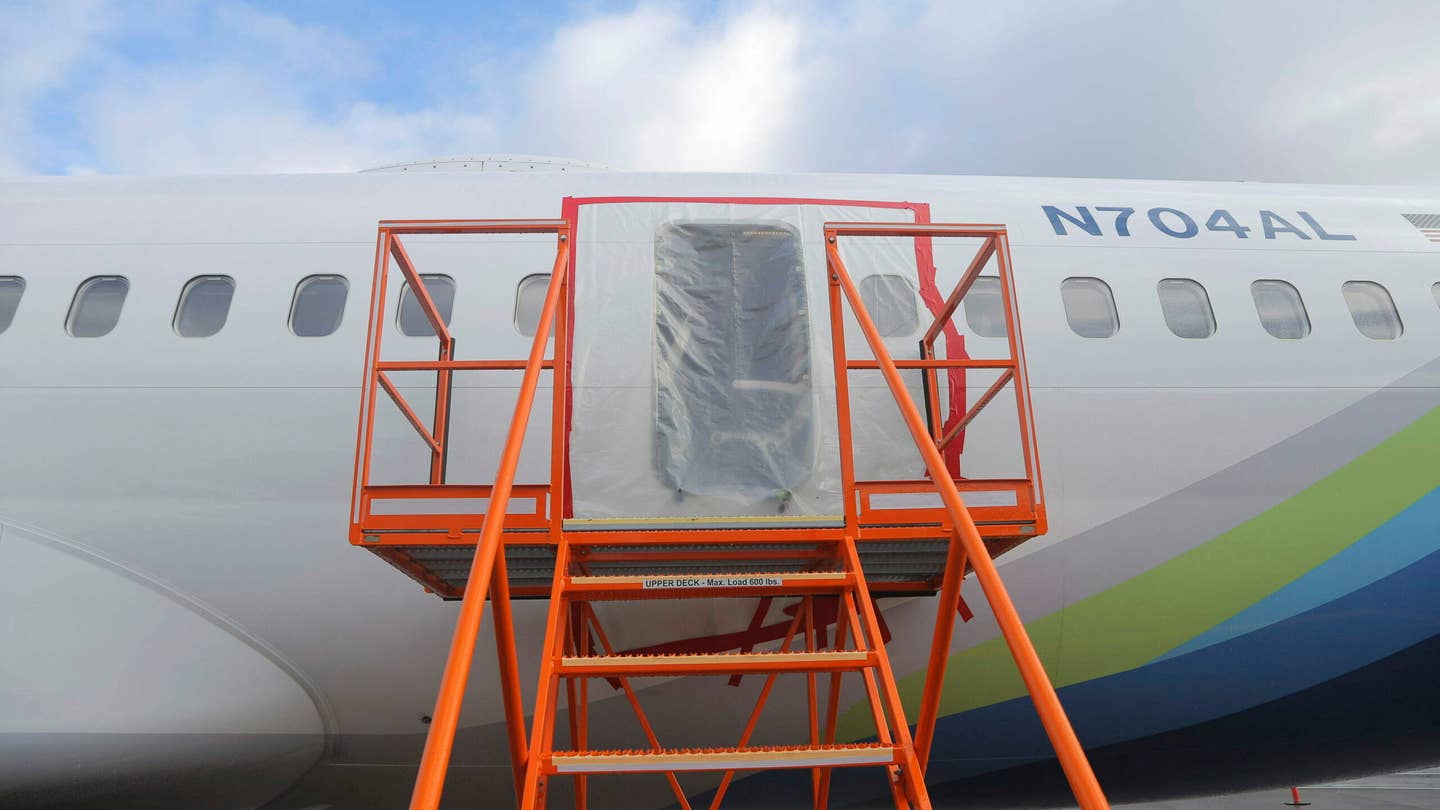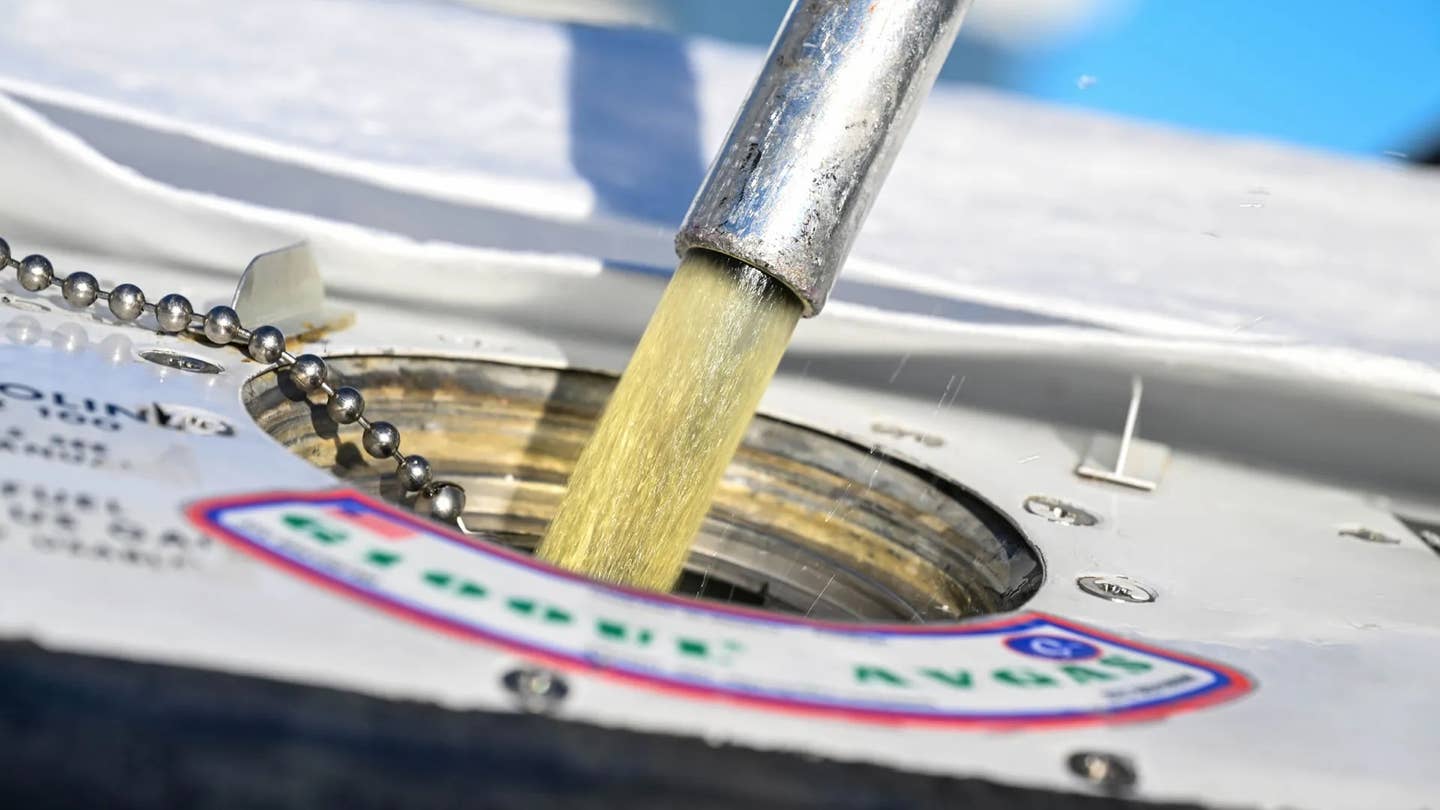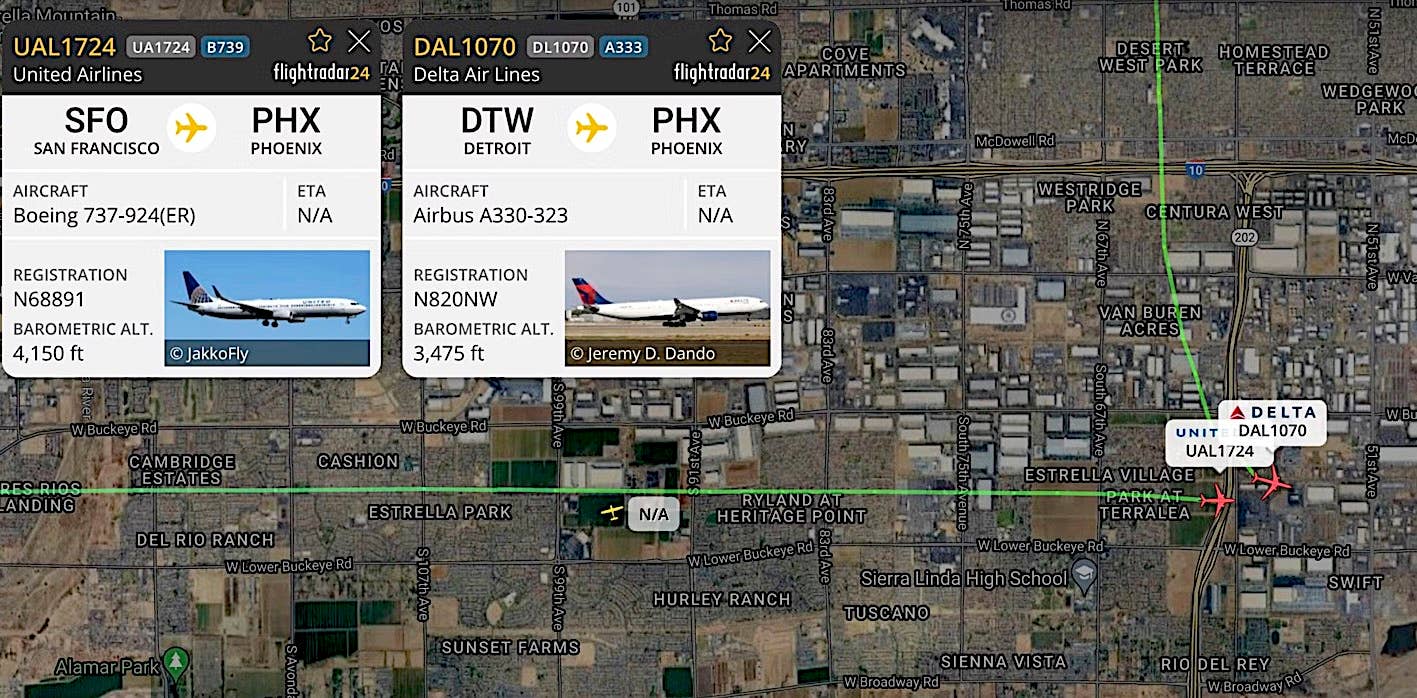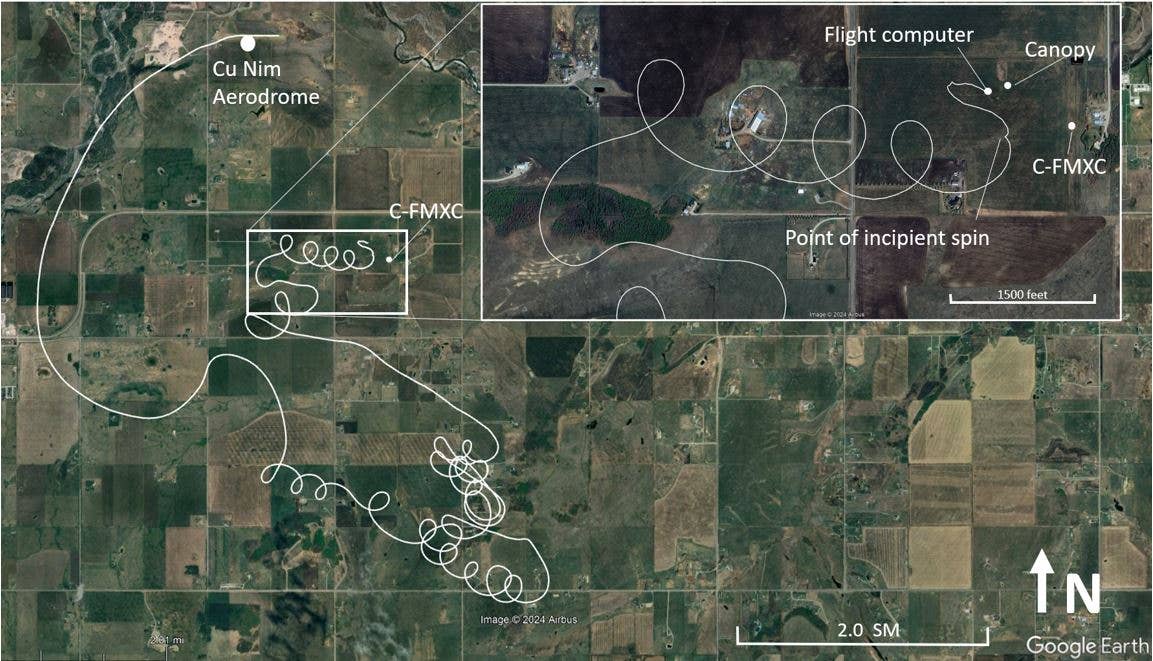MAX Factory Staff Hit Working Conditions
The NTSB was told employees at Boeing’s 737 MAX plant in Renton, Washington, felt they were under pressure to work too fast to ensure the work was completed correctly. According…

This photo released by the National Transportation Safety Board shows a gaping hole where the paneled-over door had been at the fuselage plug area of Alaska Airlines Flight 1282 on Sunday, Jan. 7, 2024, in Portland, Ore. A panel used to plug an area reserved for an exit door on the Boeing 737 Max 9 jetliner blew out Jan. 5, shortly after the flight took off from Portland, forcing the plane to return to Portland International Airport. (National Transportation Safety Board via AP)
The NTSB was told employees at Boeing's 737 MAX plant in Renton, Washington, felt they were under pressure to work too fast to ensure the work was completed correctly. According to CNN, the board heard testimony, mostly in the form of transcripts of interviews, from plant workers on Tuesday as part of a two-day hearing into the in-flight loss of a door plug on a MAX in Oregon last January. “As far as the workload, I feel like we were definitely trying to put out too much product, right?” an unidentified Boeing worker told an NTSB investigator in January. “That’s how mistakes are made. People try to work too fast. I mean, I can’t speak for anybody else, but we were busy. We were working a lot.”
The board also heard that fuselages that were delivered to the factory after assembly by Spirit Aerosystems in Wichita often needed multiple repairs. That was the scenario that apparently led to the door plug departing an Alaska Airlines flight that had just taken off from Portland. The door plug, which fills a gap that could be used for an emergency exit, needed repairs to some of the rivets and had to be removed. Four bolts that secure the plug were removed but never re-installed. The plane flew that way for months before the plug finally let go. The airline had removed the aircraft from long overwater flights because of untraced alerts from its pressurization system reported as snags.
The board also heard that morale at the factory was low and that Boeing workers and those from Spirit did not have a good working relationship. “Well, basically we’re the cockroaches of the factory,” one Spirit worker said. There was also high turnover among Boeing workers and a supervisor said many lacked appropriate training. “What the company wants and what we have the skills and capabilities to perform at the time sometimes that doesn’t coincide, and so some people get disgruntled; they feel like they’re being overworked; they feel like, you know, that we might be getting taken advantage of.”






